Keywords: Settler Identity
-
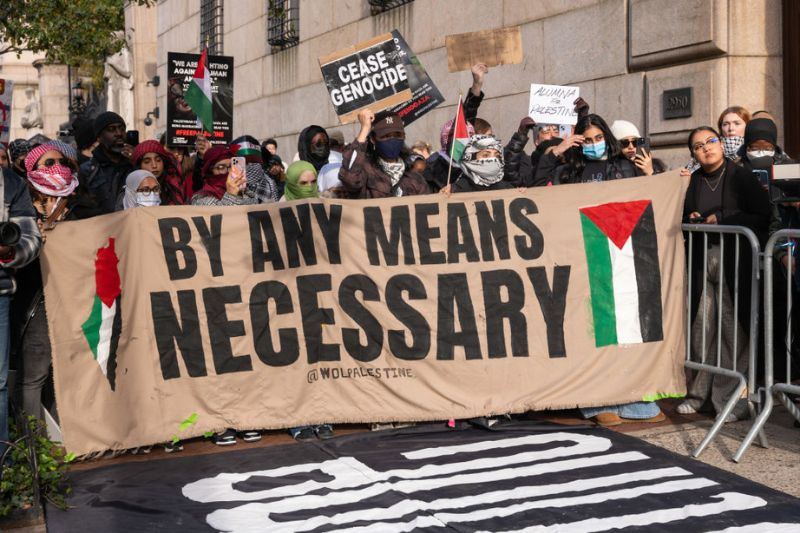
EDUCATION
- Erica Cervini
- 08 May 2024
9 Comments
Echoing their US counterparts, many Australian universities have also set up Gaza solidarity encampments with flags and signs like ‘From the River to The Sea Palestine Will Be Free’. Jewish students and staff have begun telling stories about feeling intimidated on campus.
READ MORE
-
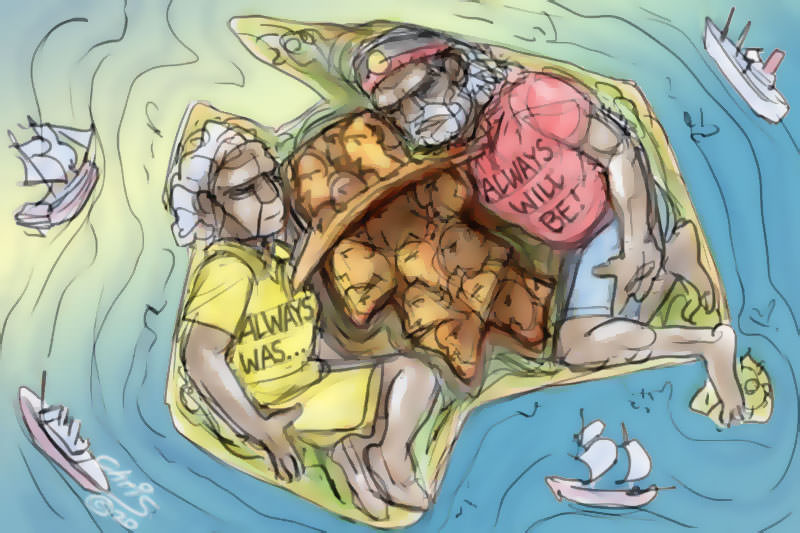
AUSTRALIA
- Marnie Vinall
- 02 March 2020
17 Comments
Was I a settler? What did it mean to be a settler? I began asking my non-Indigenous friends around me what their thoughts were on the matter: did they identify as settlers? Some reacted with intrigue and were open to discussing it with me, and others reacted with strong distaste. ‘No’, they would say, ‘I just don’t like the word — it doesn’t describe who I am’.
READ MORE 
-
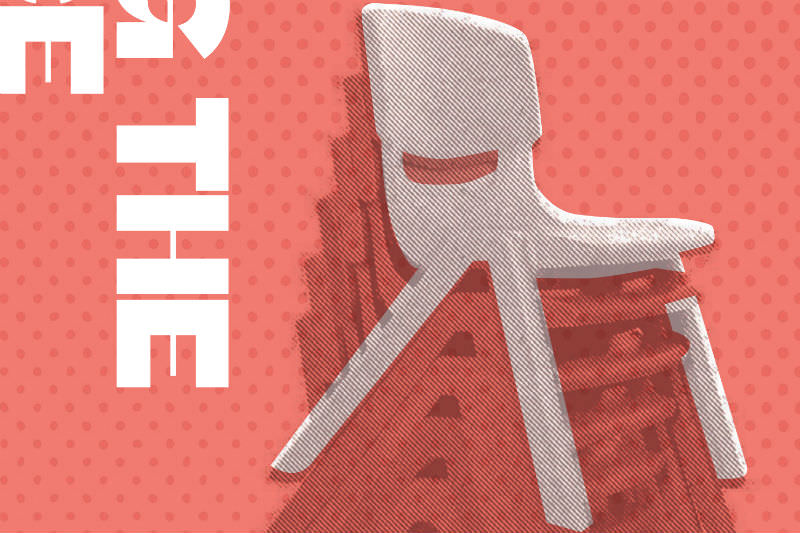
ARTS AND CULTURE
- Sukhmani Khorana
- 26 August 2019
A recent report on the lack of culturally and linguistically diverse (CALD) representation in arts leadership recognises the limitations of the label. In an era marked by media bubbles, it is more vital than ever that we use categories such as CALD to build bridges, while not losing sight of our differences and varying levels of disadvantage.
READ MORE 
-
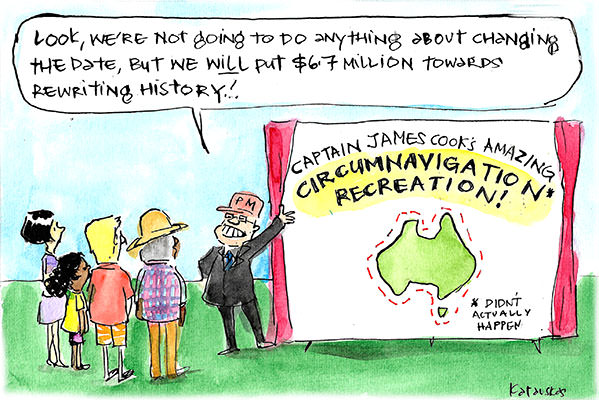
AUSTRALIA
- Rachel Woodlock
- 24 January 2019
13 Comments
What do Indigenous and Muslim Australians have in common? They are the foil against which normative White Australian identity is contrasted. The latest group to join them are African migrants, subject of a new campaign of fear. Because the stories we tell ourselves can change, one day there might be one that honours all of us.
READ MORE 
-
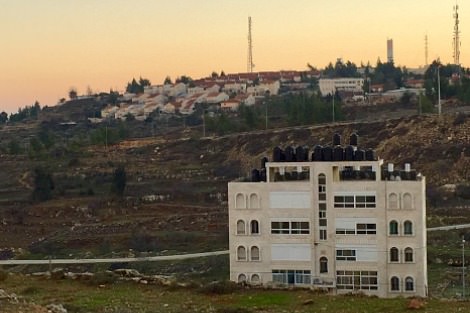
INTERNATIONAL
- Na'ama Carlin
- 28 March 2017
12 Comments
Some things are invisible until pointed out. Take the water tanks that pepper the rooves of buildings and homes in the West Bank. 'That's how you tell between Palestinian villages and Israeli settlements,' a friend points out. 'The Palestinian homes need water tanks because of restricted water supply from Israel, whereas the settlements don't.' Access to clean water is a fundamental human right, and the water situation in Palestine reveals a cruel privileging of one group over another.
READ MORE 
-
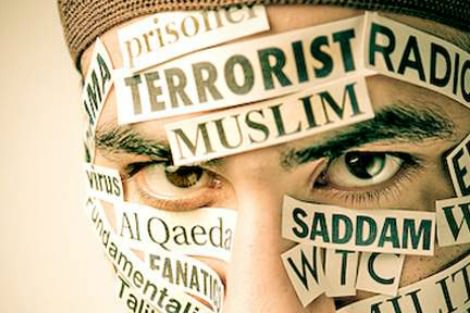
AUSTRALIA
- Rachel Woodlock
- 15 November 2016
7 Comments
It is an enduring personal tragedy that I can never think of 'zinger' responses to hurled insults until having turned them over in my mind for some time. The white male hoon in his 20-year-old unroadworthy car has long-since roared away from the traffic lights after shouting some unremarkable and unoriginal statement: 'Go back to where you came from you [expletive] terrorist.' Kilometres later I'm ready to shout out: 'I would, but Doncaster East is becoming way too pricey for the likes of me.'
READ MORE 
-
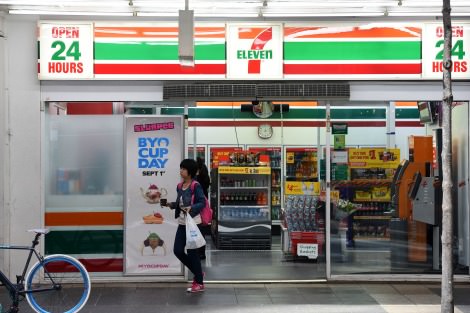
AUSTRALIA
- Evan Smith
- 27 October 2016
19 Comments
While the White Australia Policy attempted to prevent non-white workers from living and working in Australia, people from across the globe continued to do both, although often at the margins of white Australian society. The Australian Labor Party and the trade unions were complicit in maintaining this racial divide. In Australia today, a new wave of migrants is working in convenience stores, driving taxis or cleaning buildings. They are part of the Australian working class, but are often not considered such.
READ MORE
-
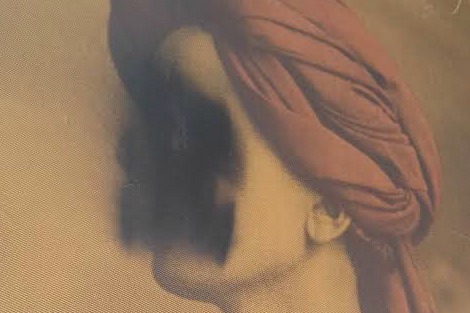
AUSTRALIA
- William Scates Frances
- 11 May 2016
13 Comments
Dismantling white myths about history is a positive step, a potential pin in an ethnic nationalism which lingers here. Yet these posters pop up often not in bastions of that denial, but rather on walls across Western Sydney, in suburbs whose demographics hardly tell tales of fortresses of white privilege. It seems that, less than a project to dismantle white myths about history, the popularity of these stories is more an attempt to bring non-white Australians into a new myth in the making.
READ MORE 
-

AUSTRALIA
- Andrew Hamilton
- 23 January 2014
20 Comments
This week began with Australia Day and ends with the Chinese New Year. The juxtaposition suggests pertinent questions about Australian identity, especially the ways in which Australians have alternately included and excluded those seen as outsiders. This is most evident in the relationship between Australian settlers' attitudes to Indigenous Australians, but it is also seen in Australian attitudes to Chinese and other Asian peoples.
READ MORE 
-

AUSTRALIA
- Paul W. Newbury
- 19 April 2011
21 Comments
In 1790, resistance hero Pemulwuy killed Governor Phillip's convict gamekeeper for his abuse of Aboriginal women. The subsequent Frontier Wars raged for 140 years. Anzac celebrations tend to neglect the many Indigenous Australians who died in defence of their land.
READ MORE 
-
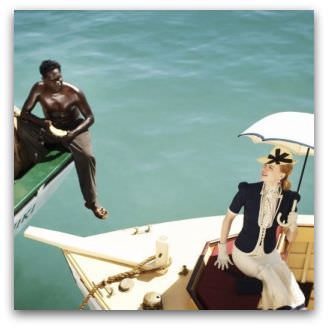
AUSTRALIA
- Brian McCoy
- 23 January 2009
4 Comments
Australia Day comes this year shortly after Obama's entry into the White House. Like the child in Australia — a film that captures something of the mixed history of our Australian footprint — Obama embodies the possibility of
healing across racial and other divides.
READ MORE 
-
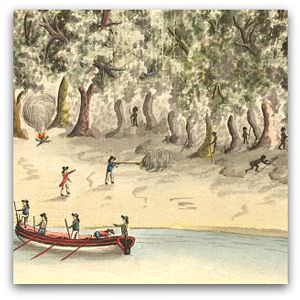
ARTS AND CULTURE
- Brian McCoy
- 09 October 2008
6 Comments
Those of us not of Aboriginal ancestry can be tempted to see our origins in foreign lands. Although we may not share the identity of First Australians, we owe the benefits of our lives to the land that was, and continues to be, theirs.
READ MORE 